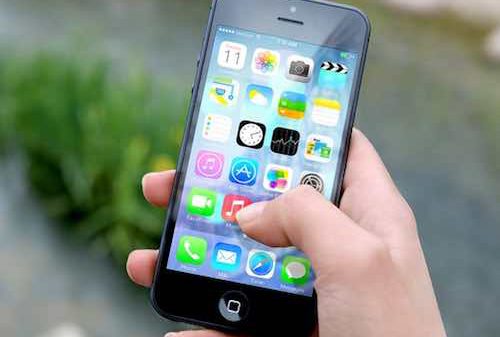The Goods and Services Tax Council on September 17 recommended that food delivery apps like Swiggy and Zomato should be taxed instead of the restaurants that prepare and pack the food. The council also recommended that cab aggregators like Uber and Ola should be taxed: E Commerce Operators are being made liable to pay tax on following services provided through them transport of passengers, by any type of motor vehicles through it [w.e.f. 1st January, 2022] restaurant services provided through it with some exceptions [w.e.f. 1st January, 2022] — GST Council press release The move would essentially shift the burden of taxation from restaurants to the delivery company. It's not clear how this would work in practice, though, as depending on how formally established a restaurant is, it may already be paying taxes on food it is distributing through aggregators. Will such restaurants uniformly reduce prices, or will they pocket the extra revenue and charge differentially on online platforms? We'll find out starting January. The taxation of Uber and Ola is also going to be interesting to follow — as Inc42 reported, this tax is currently only charged on the part of the ride fare that goes to the company, and not to the driver. If the tax grows wider and potentially requires drivers to start paying out from their incomes, that could drive ridesharing prices up in India. Digital taxation in India In India, taxation of digital services has grown with the explosion of internet access since the mid-2010s. A blanket service tax…





























